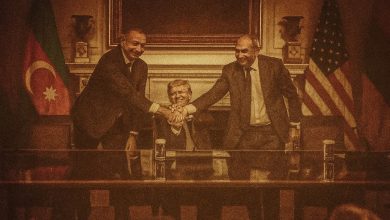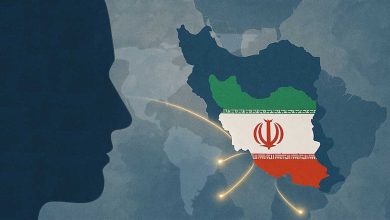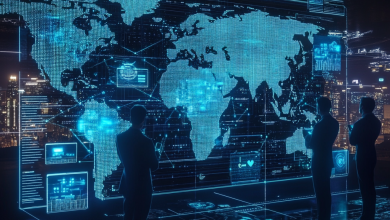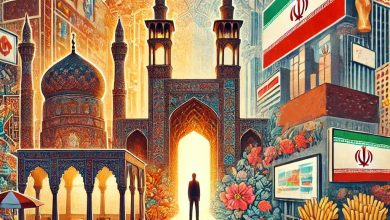Iran’s Role in the Emerging Global Order
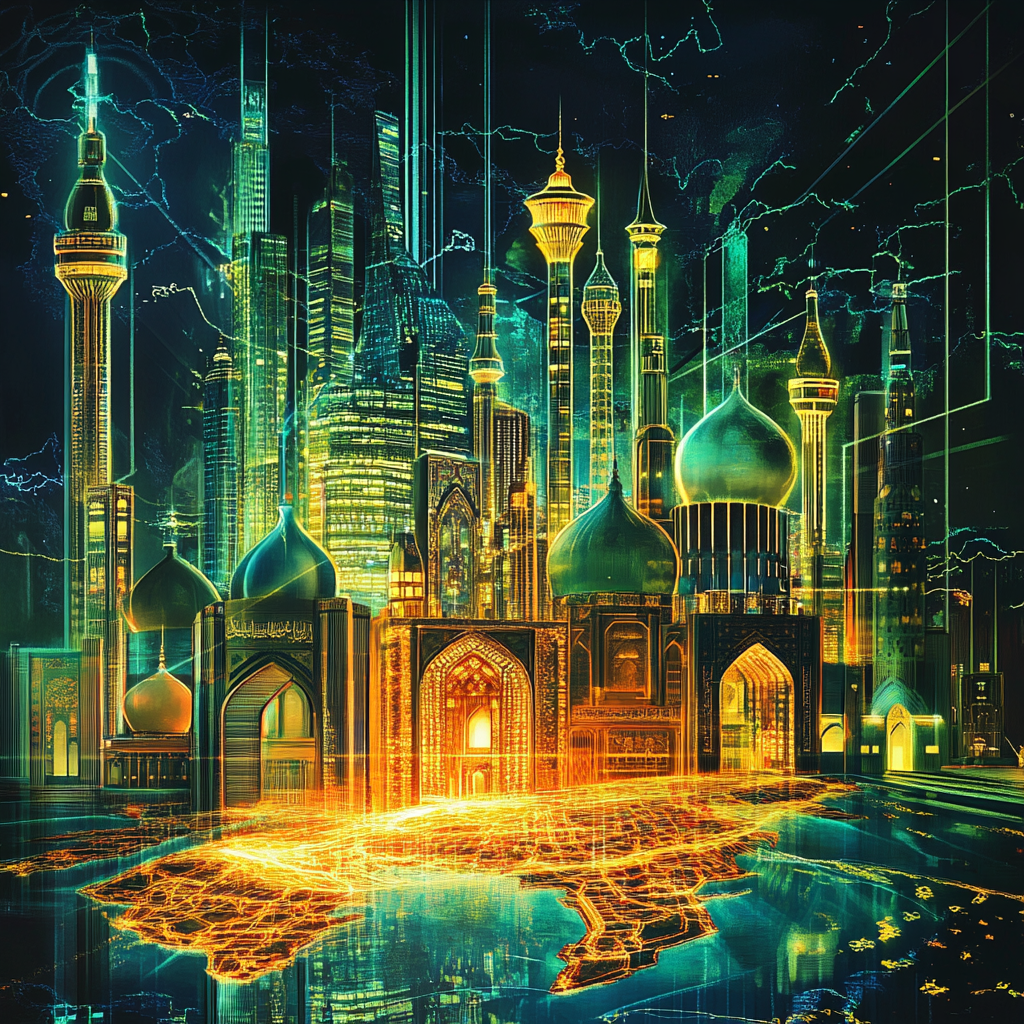
The global order is undergoing significant transformation, driven by rapid geopolitical shifts and evolving international dynamics. Iran, due to its unique geographical position, abundant natural resources, and strategic geopolitical standing, plays a pivotal role in shaping the trajectory of these transformations. Iran is not only recognized as a key player in the Middle East, but also wields influence beyond its borders through its impact on regional and global equations. By considering geopolitical, economic, military, and cultural factors, one can assess Iran’s potential position in the new global order.
Iran’s geographical location makes it one of the most strategically important countries in the world. It lies at the crossroads connecting Central Asia, the Caucasus, the Middle East, and the waters of the Persian Gulf. With land and sea access to international markets and shared borders with 15 countries, Iran holds a critical role in the transit of goods and energy. The Strait of Hormuz, through which nearly 20% of the world’s oil passes, is under Iranian control—further amplifying its geopolitical significance.
Iran also serves as a bridge between East and West, playing an important role in initiatives such as China’s Belt and Road Initiative, the North-South Corridor, and various regional transportation routes. Its strategic location has elevated Iran’s importance in the competition among major powers like China, Russia, the U.S., and the EU. As the global economy moves toward multipolarity, Iran’s relevance in the international system is poised to grow.
Holding approximately 13% of global oil reserves and 17% of natural gas reserves, Iran is considered a major energy supplier. Despite Western sanctions, Iran has remained active in the energy market through indirect exports and bilateral or multilateral agreements. Strong partnerships with China, India, and Russia, along with investments in energy infrastructure, have enabled Iran to mitigate some of the sanctions’ effects. Moreover, Iran possesses high potential to expand its energy production and exports, and could play a more prominent role globally if sanctions are lifted or bypassed.
Looking ahead, Iran could also become a vital commercial hub by leveraging its transit and energy infrastructure. Its position allows it to play a crucial role in international transportation corridors such as the North-South Corridor connecting Russia, Iran, and India, as well as the East-West Corridor linking China and Europe via Iran. Investment in railways, highways, and ports—particularly in southern Iran—could significantly boost Iran’s role in global trade and reinforce its geopolitical standing. These measures would not only increase transit revenues but also enhance Iran’s regional and global economic integration.
Iran is also a significant military power in the region. Its missile program—including long-range ballistic and cruise missiles—provides strong deterrence. Iran has made substantial advances in military drone technology, which has become a core component of its defensive capabilities.
Furthermore, Iran employs proxy forces in countries like Lebanon, Iraq, and Yemen, which serve as instruments of both soft and hard power. These forces enable Iran to extend its strategic influence without direct intervention, impacting regional geopolitics significantly.
Iran’s foreign policy is characterized by a multifaceted approach. While facing strained relations with Western countries—especially the United States—Iran has simultaneously sought to forge strategic ties with China, Russia, and neighboring states. This diversified strategy has allowed Iran to withstand international pressures, particularly Western sanctions, by maintaining multiple avenues for economic and political engagement. Strategic agreements with China and Russia, including a 25-year deal with Beijing and broad military and economic cooperation with Moscow, reflect Iran’s commitment to strengthening eastern alliances. Iran has also pursued regional diplomacy to improve relations with neighbors like Saudi Arabia, Turkey, and the Gulf States, enhancing its influence in future geopolitical arrangements.
Iran’s participation in organizations such as the Shanghai Cooperation Organization (SCO) and BRICS, along with deepening ties with China and Russia, suggests an effort to foster a new geopolitical bloc. By integrating itself into these multilateral frameworks, Iran aims to solidify its position in a multipolar world order. The recent rapprochement with Saudi Arabia, brokered by China, illustrates a strategic pivot toward reducing regional tensions, increasing diplomatic leverage, and promoting Middle Eastern stability. These developments could not only bolster Iran’s global standing but also pave the way for broader economic and political cooperation regionally and internationally.
However, alongside notable opportunities, there are also significant challenges affecting Iran’s domestic and foreign policy. Economic sanctions remain a key hurdle. Sanctions from the U.S. and EU have constrained Iran’s economic growth, limited its access to global financial systems, and reduced oil revenues. Despite efforts to improve ties with neighboring countries, persistent rivalries—such as competition with Saudi Arabia, the U.S. military presence in the region, and ongoing proxy conflicts—could still hinder Iran’s influence. Domestically, economic crises, inflation, unemployment, and governance issues could undermine Iran’s foreign policy agility and reduce its maneuverability on the global stage. Social discontent may also lead to internal instability. Moreover, foreign military presence and the potential for regional military conflict continue to pose national security risks.
In light of these opportunities and challenges, Iran’s ability to secure a firm position in the emerging global order will depend on its capacity to diversify economic partnerships, strengthen diplomacy, improve domestic governance, and fully utilize its geopolitical potential.


